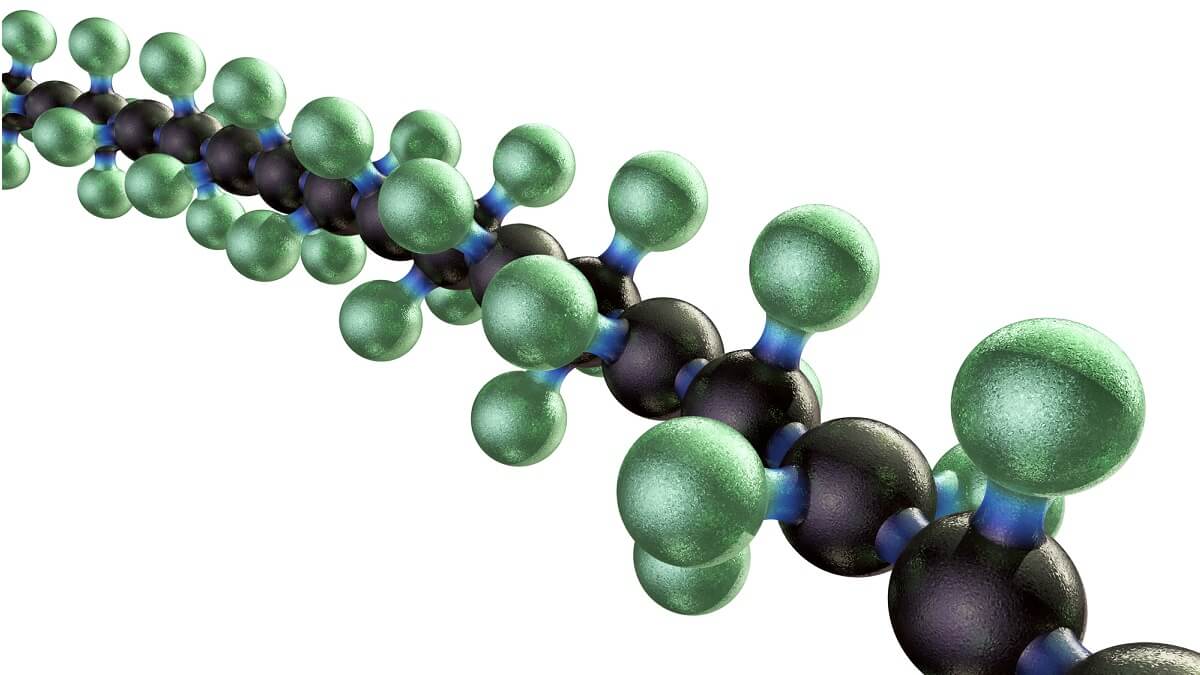Harnessing the Power of Polymers: Understanding the Extensive Uses and Favorable Effects
Polymers, with their varied chemical structures and buildings, have actually come to be essential in numerous sectors, reinventing the way we connect with materials every day. From the product packaging that safeguards our food to the fibers that outfit us, the applications of polymers are large and differed. Past their common presence exists a much deeper understanding of their favorable influences, reaching much past simple ease. As we discover the comprehensive uses of polymers and their duty fit a much more sustainable, effective, and ingenious future, it becomes apparent that their capacity is as large as the molecules themselves.
Convenience in Everyday Products
Polymers exhibit remarkable convenience in a large selection of day-to-day items, showing their crucial role in modern-day culture. From the flexible plastic housing of mobile phones to the long lasting fibers in clothing, polymers have revolutionized the means we connect with items in our every day lives. Among the most typical uses of polymers remains in product packaging products. Polyethylene, for instance, is commonly made use of in food packaging because of its light-weight, durable, and moisture-resistant residential or commercial properties. Furthermore, polymers play a critical role in the vehicle industry, where they are made use of in manufacturing light-weight components that improve gas performance.
Biodegradable polymers are used in sutures and implants, reducing the threat of adverse responses in patients. In the building market, polymers are incorporated into paints, adhesives, and insulation materials, improving resilience and energy efficiency.
Sustainability in Product Innovations
With the continuous emphasis on environmental awareness and resource effectiveness, the focus changes in the direction of sustainability in material technologies, reflecting a growing commitment to liable production methods throughout different markets. In the last few years, there has been a notable rise in the growth of sustainable products, especially within the world of polymers. These ingenious materials are developed to lessen environmental influence throughout their entire lifecycle-- from sourcing raw materials to disposal or recycling.
One considerable facet of sustainability in material innovations is the idea of biodegradability. Naturally degradable polymers have garnered attention for their capacity to damage down normally into safe by-products, minimizing waste and pollution. Additionally, using recycled polymers derived from post-consumer or post-industrial sources is acquiring grip as a way of promoting a round economy and decreasing reliance on virgin products.

Enhancing Performance in Engineering
Enhancing performance in engineering calls for a careful combination of advanced modern technologies and precise methodologies to optimize performance and performance in numerous industrial applications. Polymers play a critical function in this endeavor, providing a variety of advantages that enhance the performance of engineering products and elements.
One trick aspect of enhancing performance in design is the capacity of polymers to improve sturdiness and toughness. By integrating polymers into engineering designs, producers can produce light-weight yet robust structures that can stand up to high levels of stress and anxiety and stress. This particular is particularly important in industries such as aerospace, vehicle, and building, where the need for solid yet lightweight materials is extremely important.
Moreover, polymers can additionally improve efficiency by providing thermal and chemical resistance, lowering rubbing, and enhancing electrical conductivity. These properties make polymers perfect for a vast variety of design applications, including seals, bearings, coatings, and digital parts. Polymers. By taking advantage of the special residential or commercial properties of polymers, designers can maximize the performance of their styles and develop more reliable and dependable see post products
Influence On Clinical Innovations
The combination of sophisticated polymer modern technologies has substantially added to advanced improvements in the medical field. Polymers have played a crucial duty in contemporary medical advancements, ranging from medicine shipment systems to cells engineering. One of the crucial locations where polymers have actually made a substantial influence is in the growth of biodegradable sutures and implants. These polymers can be tailored to degrade at a particular price, enabling better wound healing and decreasing the demand for added surgical treatments to get rid of implants.
In addition, polymer-based materials are significantly being made use of in clinical tools such as catheters, stents, and prosthetics because of their biocompatibility and adaptability. Polymer coverings on medical tools can stop infections and enhance general person outcomes - Polymers. In addition, advancements in nanomedicine have enabled making use of polymer nanoparticles for targeted medication distribution, read more boosting the efficiency and decreasing negative effects of numerous medications
Duty in Environmental Conservation

Furthermore, polymers are used in water treatment procedures, helping in the purification and recycling of water sources. This helps in lowering water pollution and making sure access to tidy water for both human consumption and environmental wellness. Polymers also play a function in farming with the growth of eco-friendly mulches and controlled-release fertilizers, promoting lasting farming techniques.
Conclusion
Finally, polymers have shown to be a functional and essential product in different industries, from daily items to design and medical advancements. Their effect on sustainability, efficiency enhancement, and environmental conservation is substantial. Comprehending the comprehensive uses polymers highlights their value in driving innovation and progression in several areas. The ongoing exploration and application of polymers will unquestionably bring about additional innovations and favorable see this effects on culture.